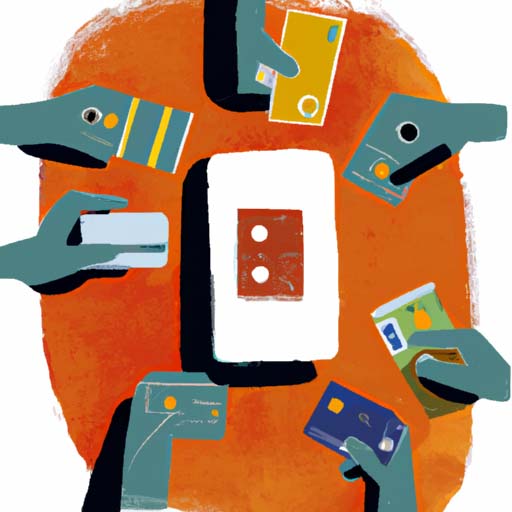TLDR: This article discusses the key elements of a recent study on the impact of technology on mental health. The study found that excessive use of smartphones and social media can lead to increased feelings of anxiety, depression, and loneliness. Additionally, the article highlights the importance of setting boundaries, practicing digital detoxes, and seeking professional help when necessary.
Technology has undoubtedly revolutionized the way we live, work, and socialize. However, a recent study warns about the negative impact it may have on our mental health. The study, conducted by researchers at a leading university, surveyed a large sample of participants to explore the relationship between technology use and mental well-being.
The Dark Side of Technology
The findings of the study suggest that excessive use of smartphones and social media platforms can significantly contribute to feelings of anxiety, depression, and loneliness. The constant exposure to notifications, likes, and comments creates a constant need for validation, leaving individuals feeling inadequate or left out when comparing themselves to others.
Moreover, the study discovered a significant correlation between the amount of time spent on social media and self-esteem. Participants who reported spending more time scrolling through their feeds had lower self-esteem, as they often compared themselves to others and felt dissatisfied with their lives.
Researchers also found that individuals who spent excessive amounts of time online were more prone to developing symptoms of mental health disorders, such as social anxiety and depression. It is believed that this is partly due to the diminished face-to-face interaction and meaningful connections that social media often replaces.
Setting Boundaries and Digital Detoxes
Recognizing the potential harm of excessive technology use, the study emphasizes the importance of setting boundaries. By establishing time limits and creating technology-free zones, individuals can regain control over their usage and reduce the negative impact on their mental health.
Another recommended practice is implementing regular digital detoxes, where individuals intentionally disconnect from technology for a set period. This allows for a much-needed break from the constant exposure to screens and the pressures of social media, improving overall well-being.
Seeking Professional Help
For individuals already experiencing symptoms of anxiety, depression, or other mental health issues, the study encourages seeking professional help. Psychotherapists and counselors can provide effective guidance and support in managing the negative effects of excessive technology use.
Overall, the study highlights the need for individuals to strike a balance between utilizing technology for its benefits and protecting their mental health. By setting boundaries, practicing digital detoxes, and seeking professional help when needed, one can navigate the digital world without compromising their well-being.







